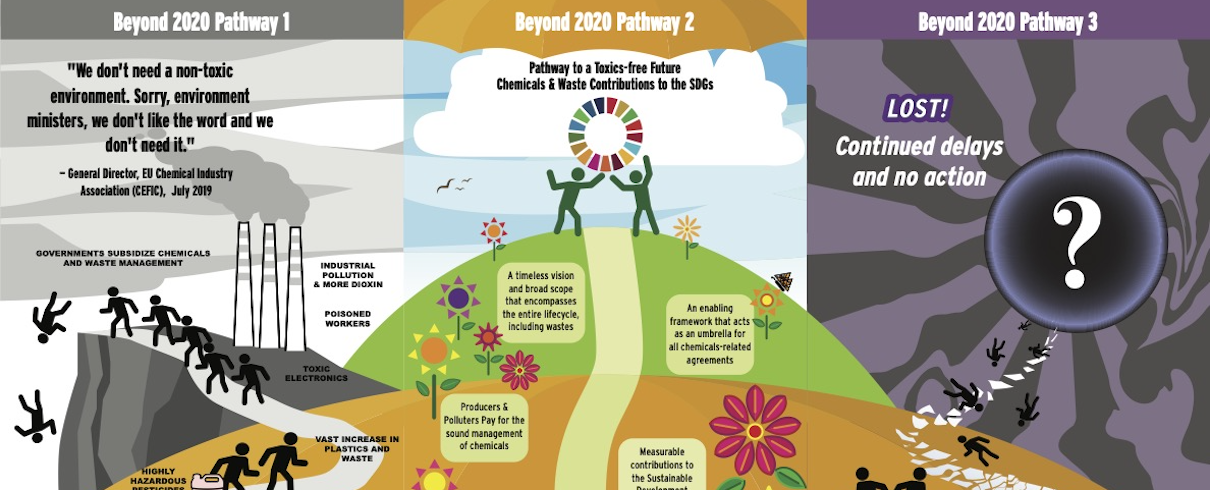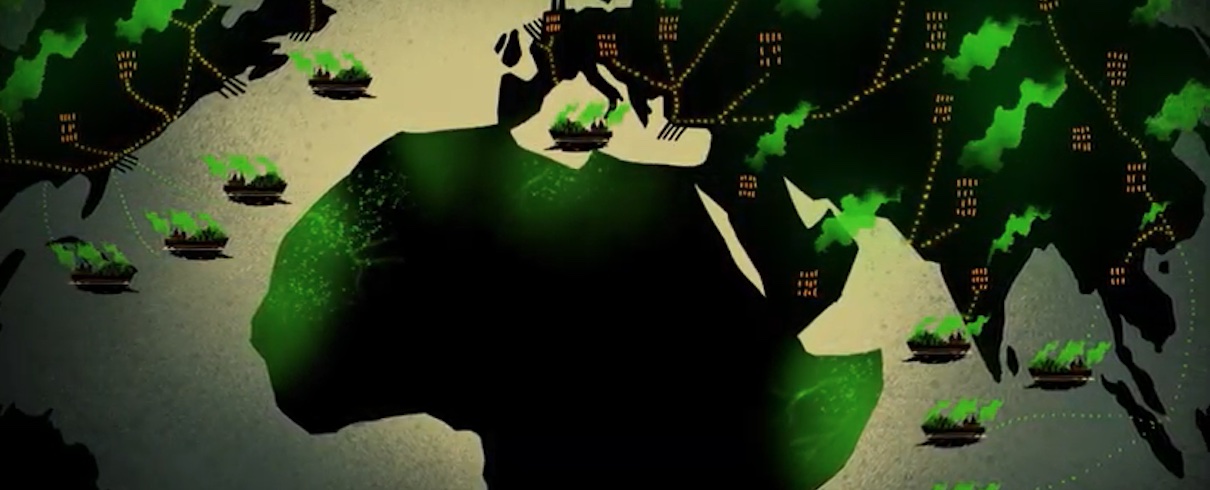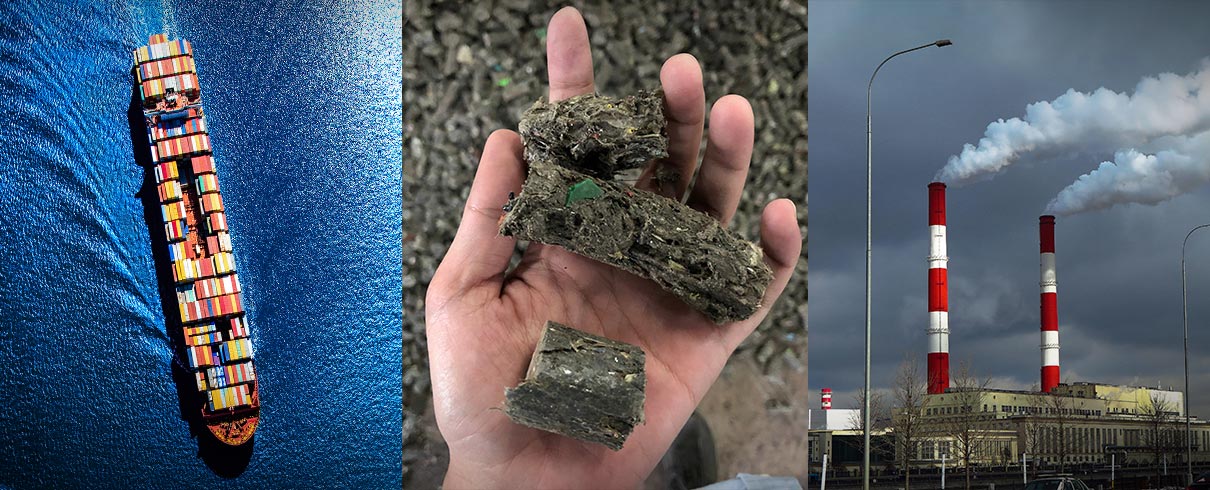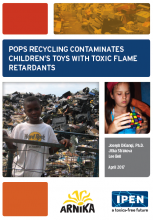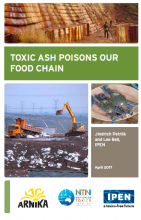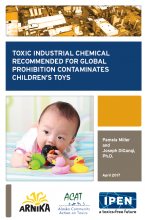https://www.adn.com/opinions/2017/04/19/an-alaskans-fight-to-ban-the-che...
Alaska Dispatch News
Author: Charles Wohlforth
Pamela Miller boarded a plane Wednesday morning bound for Geneva, Switzerland, where she hopes the world will ban a chemical she believes may have killed five members of her family.
She grew up next to a plant in Ohio that produced vast quantities of short-chain chlorinated paraffins, called SCCPs. Now she is deeply involved in the international process to stop the chemical's manufacture and other persistent organic pollutants, called POPs, that especially hurt Arctic people.
Thursday, a report she co-authored with the help of an international team will be released with test results that found SCCPs in children's toys, such as rubber duckies and Mickey Mouse slippers, and in baby bibs and a hand blender for baby food, items purchased all over the world.
The chemical, used to soften plastic, has already been banned in many countries because it harms neurological development in children, as well as disrupting the endocrine system and causing liver and kidney disease and cancer.
"It's a chemical that nobody has ever heard of, yet it is produced in huge volume and it's in many products we use every day," Miller said.
